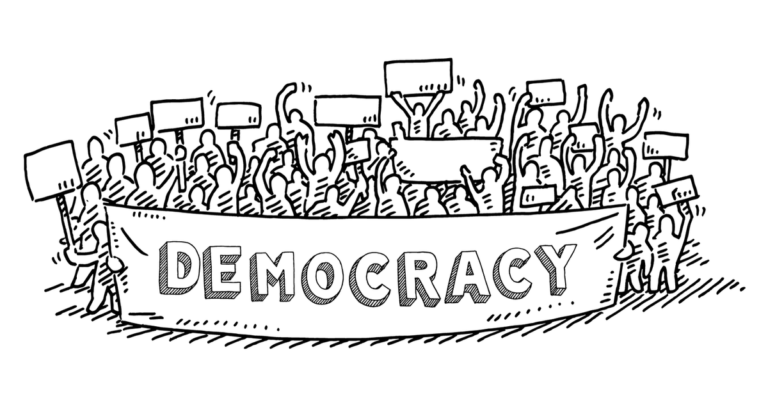Nigeria’s political office holders place a lot of premium on fulfilling the maximum two term option obtainable under the American presidential system. This obsession with completing the two terms has constituted one of the obstacles to democratic consolidation in Nigeria. The obsession with two terms led to the widespread calls for constitutional amendment to limit political office holders to a single term in office.

Usually, Nigerian elections are characterised by high intensity ‘warfare’. A Nigerian president once famously described a general election as a ‘do or die’ affair, meaning either we win or we perish in the attempt. This perspective of elections in Nigeria is in no small measure accentuated by this prevalent second term mentality. In fact, hardly is one presidential, gubernatorial or local council election over than the victors begin plotting frenetically for re-election. In some of the most blatant cases, of which the current president is culpable, re-election posters are immediately unveiled within months of the commencement of the first term. Asides election posters, the incumbents’ henchmen are unleashed not only on the citizenry but also on the opposition both within the incumbents’ political party and without. Essentially, the role of the henchmen is to periodically pronounce as a matter-of-factly that no vacancy exists for such and such position or that the incumbent must complete his two terms come what may. Meanwhile, election primaries within the party are adroitly arranged to suit the incumbent and he is ultimately unanimously declared the ‘best man for the job’ by the party. Meanwhile the henchmen simultaneously impress it upon the citizenry that the incumbent is working his socks off for the people and so deserves a second term. Whether there is any tangible achievement to show for this assertion is irrelevant. To be sure, all these political shenanigans are occurring in the first year of the first term.
However, the import of these gimmicks is not lost on the opposition. As it is to be expected, on the Election Day the incumbent and his allies deploy all resources, legal and illegal, to ensure that their self-fulfilling prophecy comes to fruition. The opposition on the other hand engages all the instruments they can muster to ensure that the ambition of the incumbent is thwarted. Expectedly, the inevitable outcome is electoral violence. This is not to say that all electoral violence in Nigeria are traceable to the inordinate desire for a second term in office but it does play a significant role in the country’s electoral turbulence.
Since the transition to civil rule in 1999 Nigeria has yet to produce a ‘Mandela’ in any political office i.e. a politician who would be content with a single term in office. The likelihood of this phenomenon occurring soon is slim given the scorn reserved for one term politicians. A one term outing is seen as a huge dent on the political record and such a politician cowers with shame and reproach, thus the obsession with two terms.






